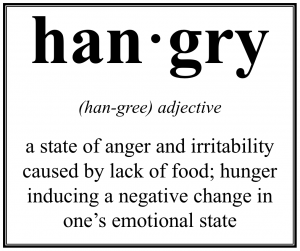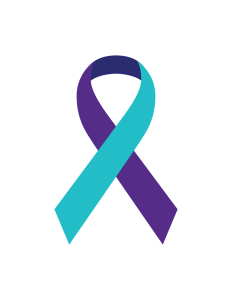We do regular screenings and physicals with a doctor; or we should. It is time we started doing some regular mental health screenings too. The simplest way to ensure good mental health is to regularly “check-in” on your own mental health. You might do this daily, weekly, or monthly. It can be difficult at first do make the task regular, but a bit of discomfort when assessing your own mental health is to be expected when you first get started. Here are some good questions to include.

Asking yourself about your overall wellness is important, so when you assess how you’re feeling, include both your mental and physical health. In fact, certain aspects of mental health can influence your physical health.
The headspace question is really about determining if there is too much going on up there. Are there so many tasks and ideas roving about that it makes it difficult to get any of them done? Basically, this question has you assessing your stress level.

Question 3 is about depression and anxiety. These often lead to a loss of appetite. It also helps you assess if you’re really upset about something or just hangry!
Fatigue and insomnia can often be signs of larger issues too, so assessing this on a regular basis might help you determine changes and shifts in your sleep patterns. A smart watch can be helpful for this too. Although I don’t put much stock in my Garmin’s sleep data, I do check on my average sleep time about once a month. We could all use a little more rest, and checking it regularly is a helpful reminder.
The question about joy…I don’t take much stock in the lady who says to rid your home of items that don’t bring you joy. (There are a ton of functional items in my home that don’t particularly bring me joy. There’s the whole washer/dryer stacked unit downstairs. Does it bring joy?) When you’re assessing your mental state though, if you’re repetitively finding it difficult to find things that will bring you joy, it might be time for a change or to reach out to some one who can help you find your way back to those things that provide joy.
In times of such great uncertainty, stress can multiple. It is important to do things to survive, but not just survive; we need to be able to recover as well. None of us know when that might happen, but a recent article from Harvard University addresses how you can survive this time of turmoil.
- Step back. When traumatic events are occurring, whether it’s a natural disaster, pandemic, or mass shooting, you need to stay abreast of the news, but the goal is to stay informed without increasing your anxiety level. Turn off the notifications on your phone, and be particularly wary of spending too much time on social media.
- Take action. To take back some control, get involved in activities that can help others or address the situation. Volunteer, or help with food drives.
- Reach out. Social connections are crucial in difficult situations. If you can’t see people in person, then connect with the help of technology, such as video conferencing or even a simple phone call.
- Get rose-colored glasses. While advice to look on the bright side in the face of hard times may seem trite and unhelpful, don’t scoff. Evidence shows that positive thinking and having the ability to reframe a situation in more positive terms can help people become more resilient in the face of problems.
- Be patient. Moving on from a traumatic event takes time. Allow yourself time to grieve.
- Get help. Make sure that sadness and stress don’t cross over into depression. The symptoms can be similar to stress and anxiety, but if they last more than a couple of weeks and get in the way of functioning at home or work, it is time to reach out for help.
Mental Health Questions to Ask Others
If you’re looking to assess the mental health of your children living at home, you might consider this article that offers some questions as a guide. It might assess mental health or just open good dialogue with your young adolescent.
And because more resources and options are better for some people, you can check out these questions for connecting with friends during this difficult time.
Mental Health America has some interest self-assessment tools that you might check out too. The assessments are fairly simple, and the website tries to connect you to resources based on your mental health needs.
Community Actions

If you’re interested in doing more to help with the mental health of our community, you might consider taking a Mental Health First Aid course. It is a simple way to show you care for the community and can equip you to help those around you. Several courses are being offered for free, and there are different courses for adults and those working with adolescents. You can learn more here.




 There is research that indicates there are health benefits to having good friends. We often don’t know how to maintain and improve those relationships though. It seems like once you’re friends with someone, the idea of changing or improving the relationship is somehow awkward. As children, we don’t feel this hesitant, but we also don’t change our BFF like underwear, either. As adults, maintaining and strengthening friendships is important, and here are some ideas from Psychology Today that make it easier.
There is research that indicates there are health benefits to having good friends. We often don’t know how to maintain and improve those relationships though. It seems like once you’re friends with someone, the idea of changing or improving the relationship is somehow awkward. As children, we don’t feel this hesitant, but we also don’t change our BFF like underwear, either. As adults, maintaining and strengthening friendships is important, and here are some ideas from Psychology Today that make it easier.